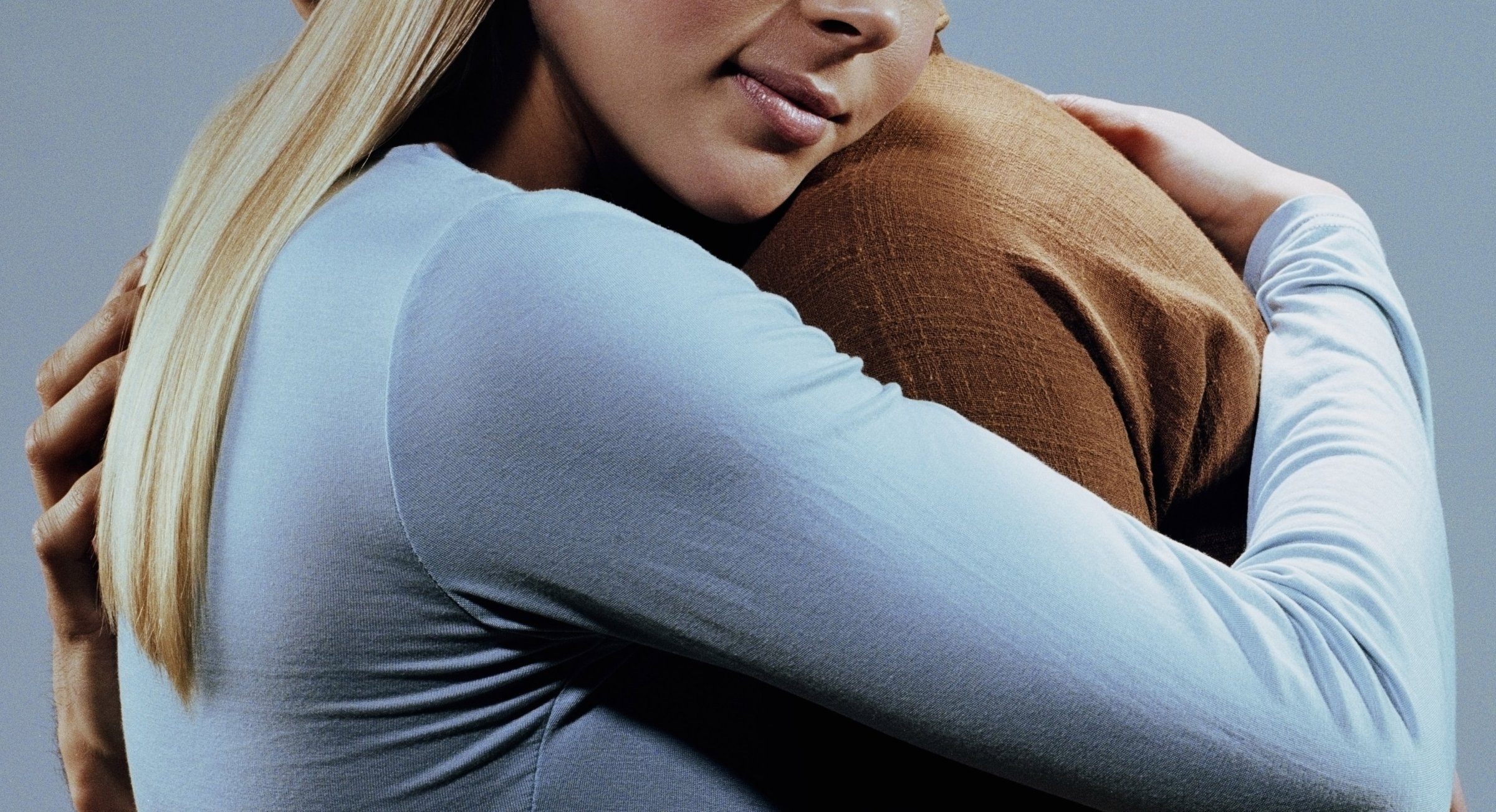
It was a lovely party. Really. The wine was exquisite. The salmon canapés were memorable. The people were interesting. Conversation flowed easily through soft notes from the piano.
And then something went terribly wrong.
I sensed movement on my left. Coming at me like a drone strike was a known hugger; a dear friend, but a man who believed that personal space had plenty of room for two.
I could feel my flight or flee hormones surge. But resistance would be rude, and running was out of the question – especially in these heels. So I gave into his embrace, my hands just lightly on his sides. We broke soon enough. “So great to see you. How long has it been?” But for the rest of the evening, I carried his aftershave like a citrusy infection.
I am not a hugger. And I am not alone.
These are difficult times for those of us who are selective in our casual intimacies. Hugs, it seems, have become as common as hellos. Even among those prone to reach out and touch someone, these are also confusing times. A handshake is a handshake. But a hug demands an evolving set of calculations: setting, familiarity and – most dicey of all — reciprocation. Few things are more awkward than a hugger leaning in for a hug, as the hugee reaches out for a shake. The usual simultaneous reversals by both only ups the awkwardness, and sets up the next meeting for a repeat.
Men seem to have adapted well. They have managed to make the hug an extension of the handshake. A grasp of the hand, a quick touch at shoulders (the one-second rule applies, anything longer than that will be noticed), a few taps on the back and… clear.
For women, things are more complex.
Woman to woman, we always have the air-kiss. But that has become a red-carpet cliché – mainly for the most formal of occasions where time and money have been invested in cosmetic preparations. Denied the option of the shoulder-touch/back-tap (we should probably work on a variation of that), we’re left with a binary decision: to hug, or not to hug. The choice is situational, subject to all the vagaries of place and relationship.
Man-women is a whole other kettle o’fish. Awkward can easily careen into inappropriate. I feel my brothers’ pain. The first meeting is a handshake. Clear enough. But unless you’re operating under the rules of international diplomacy, the unease grows with each encounter. New friends become good friends, and at some point the handshake may seem impersonal, an even cold. What is that point? And who makes the call?
There can be a high price for getting it wrong. A male friend – not to my knowledge a high-volume hugger – may carry the scars of miscalculation for life. “I was part of a project team,” he said. “A younger woman and I did a lot of work together on a critical part of it. We got some big news on results. There was a feeling of celebration. I went for the hug. She put both hands on my chest and pushed me back. Didn’t say a word. Every time I see her now, it’s what I think about. So – never again.”
I told him not to take it personally; and to get on with his life. It may be that she was simply following the advice that women should not hug at work – not because it’s inappropriate, but because it looks weak. There are some good rules about body-language and leadership: head tilts can look submissive. Touching your face shows insecurity. Too much nodding in agreement relinquishes power. Hugging, many argue, is covered by the same set of rules. It can take a woman from the office alpha to the office mom.
Like most shows of emotion, that can be situational. In some work settings – nurses and social workers come to mind – hugging can be a useful part of the job description. Young kids in the classroom often need hugs; school boards have been forced to put in policies against them. In a psychologist’s office, it’s a judgment call. Refusing a hug from a patient can feel like rejection. Accepting one can be a big compilation in the patient-therapist relationship. When hugging seems to be a possibility, most therapists would say: set up the rules in advance. My people aren’t big on spontaneity.
All of this comes together to elevate a simple gesture to what some call a state of “hugging anxiety.” A simple gesture has become so imbued with options and so fraught with meaning (or no meaning at all) that we need a universal declaration of rules.
I would love to be able to wear my rules like a campaign button. They’re very simple. I won’t if you won’t. And we’ll like each other just as much.
More Must-Reads from TIME
- Cybersecurity Experts Are Sounding the Alarm on DOGE
- Meet the 2025 Women of the Year
- The Harsh Truth About Disability Inclusion
- Why Do More Young Adults Have Cancer?
- Colman Domingo Leads With Radical Love
- How to Get Better at Doing Things Alone
- Michelle Zauner Stares Down the Darkness
Contact us at letters@time.com